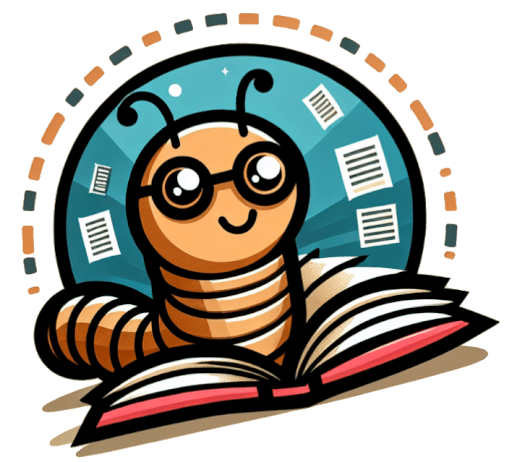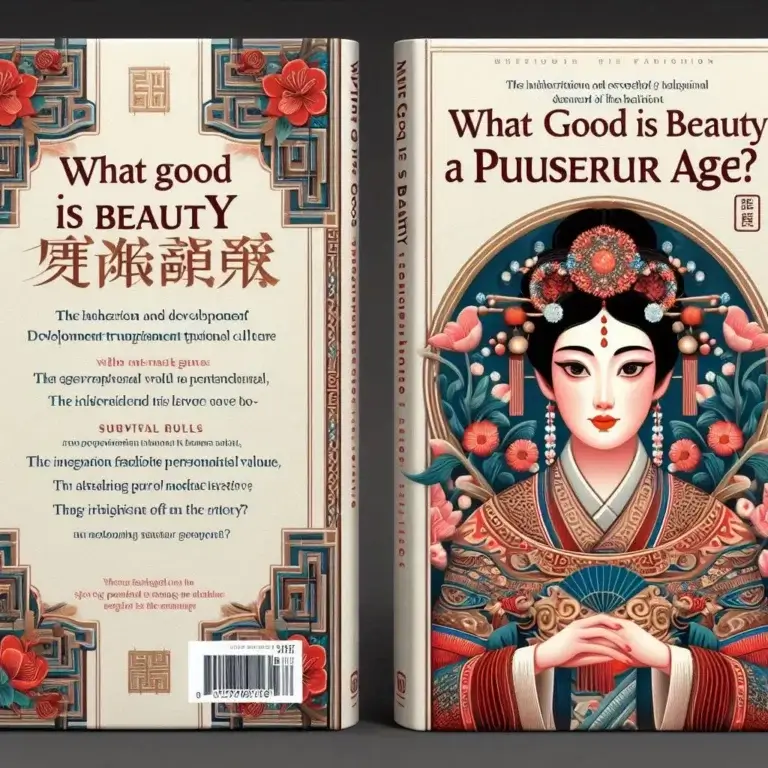When they reached the entrance of Yuan Mountain Village, Jing Xin called the car to a stop, opened the door, and hesitated before stepping out. She felt she should say something but found herself at a loss.
They had just met, and he wasn’t a good person!
The man in the car leaned casually against the seat back, appearing tired due to his shoulder injury.
After a moment, Jing Xin pointed to his shoulder and asked, “Jiang Xiangyang, is your wound okay?” She noticed the wound was neatly bandaged but knew it must still hurt; her own was throbbing slightly.
“It’s fine,” he replied decisively, sitting up straight and pulling out a cigarette.
Jing Xin, already outside the car, looked back. “Smoking after being injured isn’t good for your health.” Her voice was soft, as if she felt she had no right to say it.
Jiang Xiangyang glanced at her impatiently, his thick eyebrows furrowed.
After finding a lighter, he took a drag, exhaling a blue mist. The window rolled up, and the car soon disappeared into the night.
Jing Xin stood by the roadside, watching the car lights gradually swallowed by the darkness before heading home.
From far away, orange-yellow lights seemed warm in the pitch-black night. One lamp was a warm home, but unfortunately, hers could not provide warmth. Despite having a mother, brother, and sister-in-law, she felt no solace.
Exhaustion consumed her. She dreaded arguments and braced herself for her sister-in-law’s voice, which tensed every cell in her body.
Her desire for home was intense, but not for her current one. A lonely heart had nowhere to rest.
A few years ago, Jing Xin was fond of a Korean drama called “Winter Sonata.” One line left a deep impression on her. In a scene with heavy snowfall, the male lead, Kang Jun-sang, asked: “Miss Jeong Yeo-jin, what do you think a home should be like?”
She replied: “For people in love, each other’s hearts are the best home.”
Kang Jun-sang was stunned, and Jing Xin believed this line was why he fell deeply for Jeong Yeo-jin, creating a tearjerking love story.
Yet such beautiful love was hard to find in real life. In a materialistic society, love often felt hasty and unrealistic. Still, this line kept her enamored with the drama for many years.



